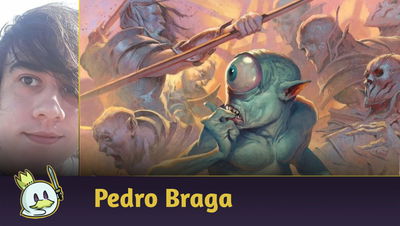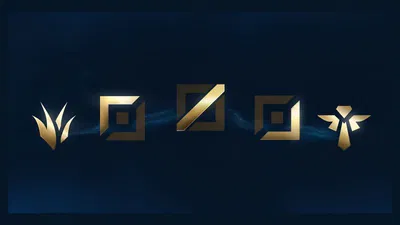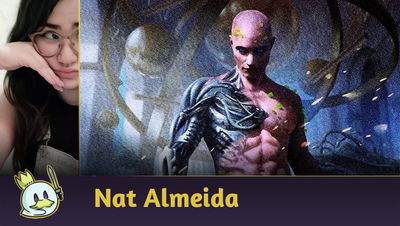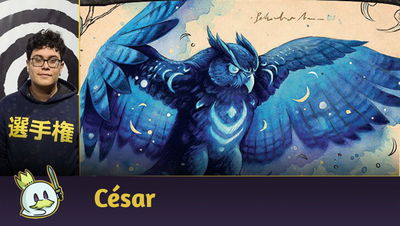
Toshi.bet – The Ultimate Fast Payout Crypto Casino for Instant Withdrawals

Ahri!
Riftbound: Deck Tech - Ahri Nine-Tailed Fox (Calm & Mind)

How to Improve Your Online Casino Gaming Skills

Check out our top 10!
Commander: Top 10 Best Precons in 2025

Goodbye 2025!
Legacy: 2025 Rewind

Best Ukrainian Brides Sites

Magic x Final Fantasy
Magic x Final Fantasy: All Chocobo Bundle Promo Cards

Magic x Iron Maiden
Secret Lair x Iron Maiden: All Cards and Bundles Revealed

eDH - 7 Most Fun Commanders From Avatar: The Last Airbender (with Decklists!)

Secure Your Winnings: Protecting Your Data and Money at an Online Casino

Equip and win!
Upgrading Commander Precon: Limit Break (Cloud, Ex-SOLDIER)

Mono Black Discard
Pauper: Mono Black Discard - Deck Tech & Sideboard Guide

Throwback Magic
Throwback Magic: Lestree Zoo (1994) - The First Aggro

The Japanese Alternative Arts of StrixHaven's Mystical Archive cards

Top 10 Commanders
Top 10 Weirdest and funniest Commanders in Magic

LoL role Quiz
Quiz: Which League of Legends role is the best for you?

The Houston Champion!
Riftbound: Deck Tech - Annie Dark Child (Fury & Chaos)

Azorius Tempo
Standard: Azorius Tempo - Deck Tech & Sideboard Guide

A monoblack deck with lots of mana!
Commander Deck Guide: K'rrik, Son of Yawgmoth

Budget Standard
Standard: 5 Budget Decks with Avatar: The Last Airbender

What to Look for in Modern Basketball Cards

Let's play with Luffy ST14!
One Piece TCG: Deck Guide - Luffy ST14

A Mardu upgrade!
Upgrading Commander Precon: Revival Trance (Terra, Herald of Hope)

Cute friends!



































